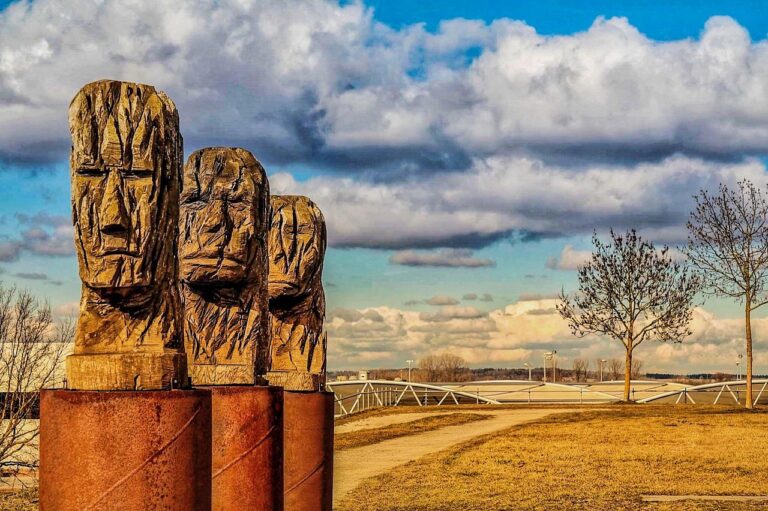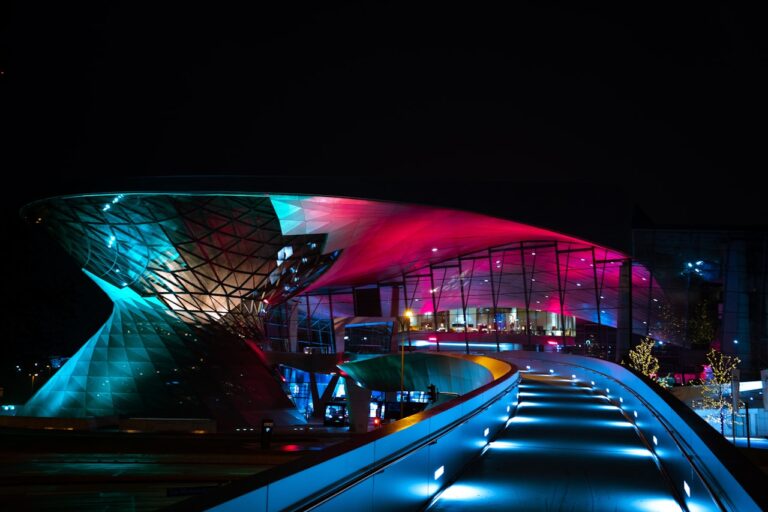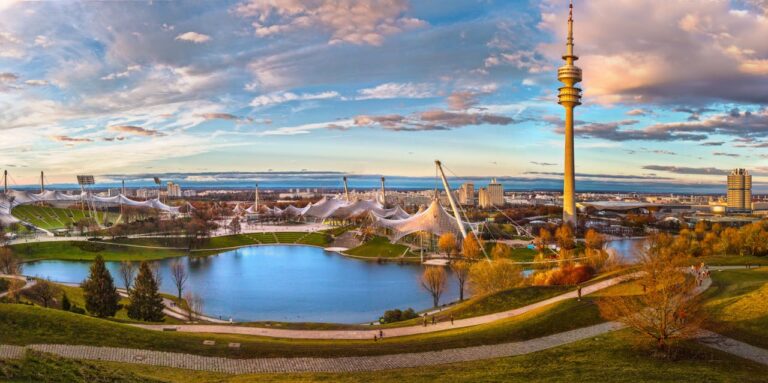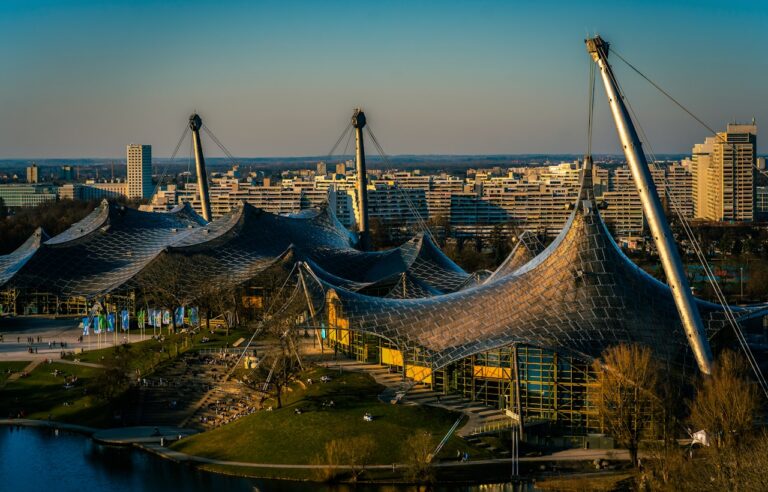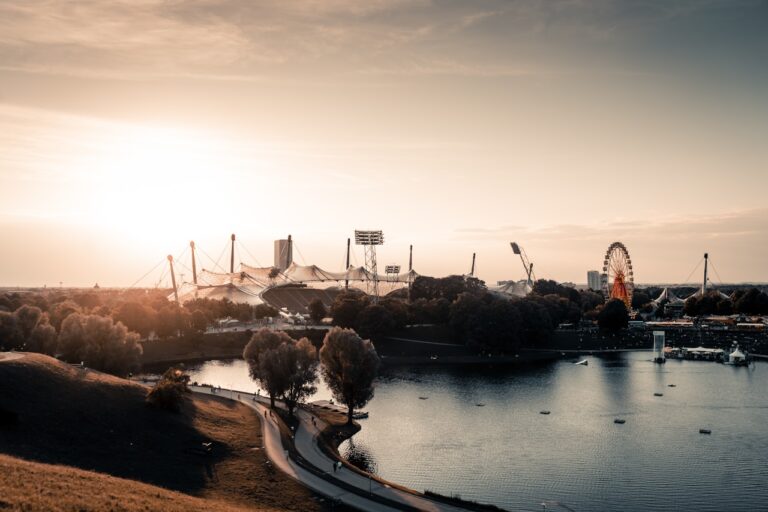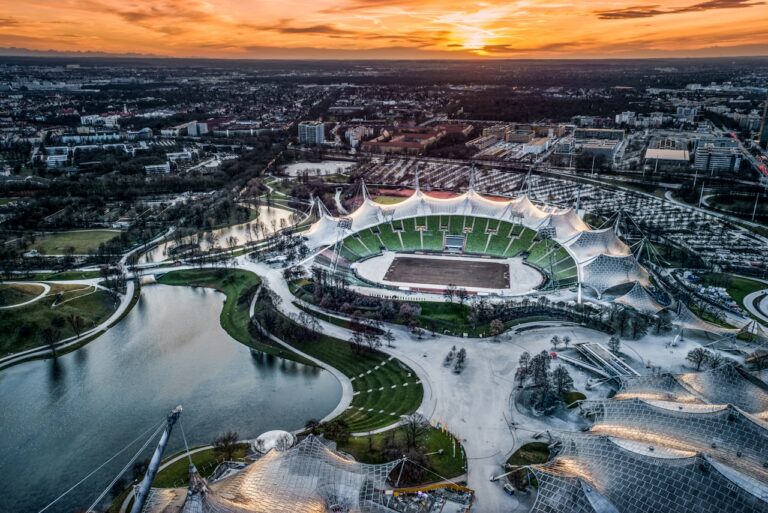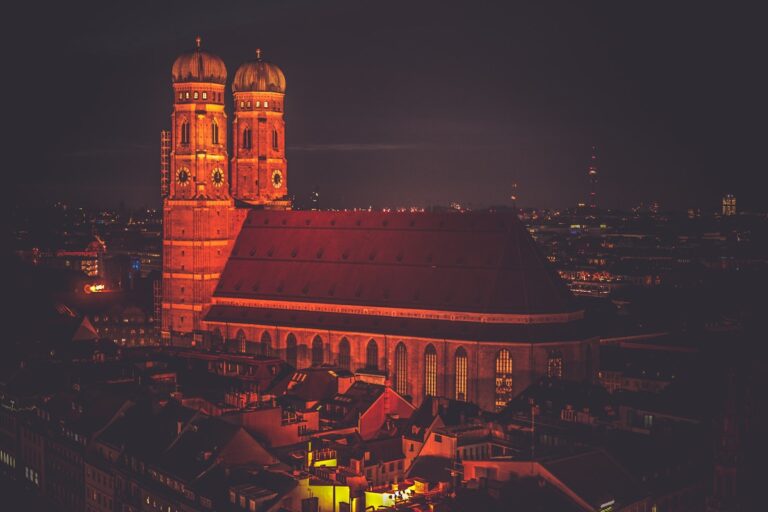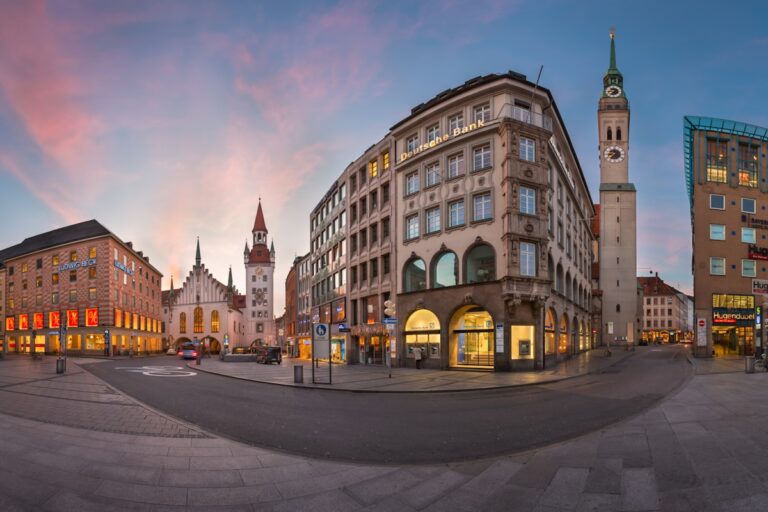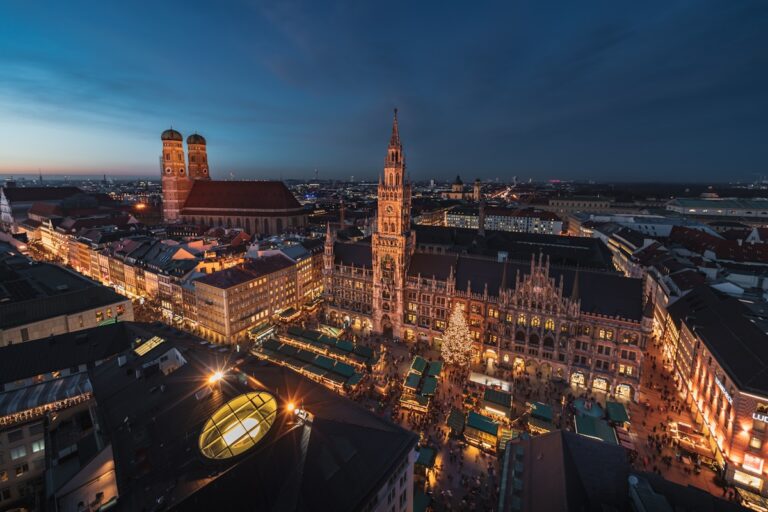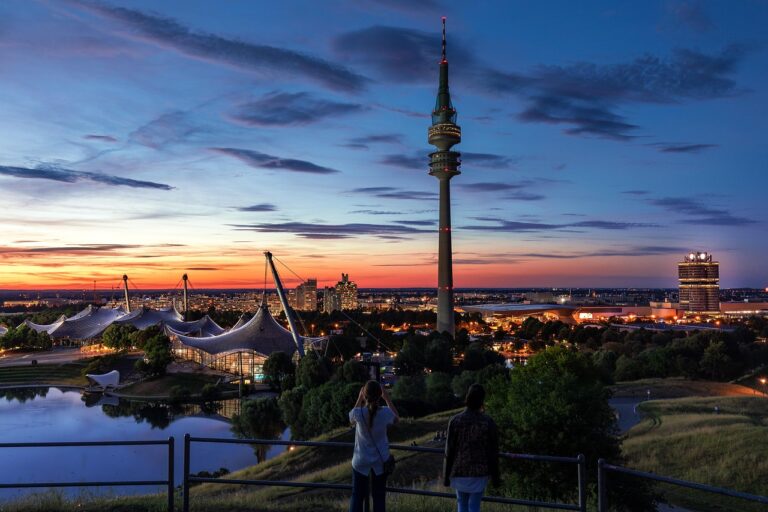
Germany
Explore Germany’s historic castles, vibrant cities, and regional cuisines. Find expert travel tips on transportation, festivals, and attractions for your perfect German adventure.
Germany offers you a rich blend of historical landmarks, cultural experiences, and natural beauty. From Berlin’s dynamic art scene to Bavaria’s Alpine vistas, each region presents unique attractions for travelers seeking authentic German experiences.
Visit medieval castles that stand as monuments to Germany’s complex history. Neuschwanstein Castle, built in the 19th century, attracts over 1.4 million visitors annually with its fairy-tale architecture and mountain setting.
German cities combine historical preservation with modern innovation. Munich’s Marienplatz features both 12th-century buildings and contemporary shopping districts within walking distance of each other. Berlin’s Museum Island houses five world-class museums in one location, recognized as a UNESCO World Heritage site since 1999.
Plan your travels around Germany’s diverse festivals. The 16-day Oktoberfest in Munich welcomes approximately 6 million visitors yearly. Christmas markets appear in December across most German towns, with Nuremberg’s Christkindlesmarkt dating back to 1628.
German cuisine varies by region, offering you opportunities to sample distinctive local specialties. Try Black Forest cake in its namesake region, currywurst in Berlin, and pretzels in Bavaria. Most restaurants serve meals between 11:30 AM and 2:00 PM for lunch and 6:00 PM to 10:00 PM for dinner.
Transportation throughout Germany functions with remarkable efficiency. The Deutsche Bahn rail network connects 5,700 stations across the country. Regional day passes typically cost between €23-36 and allow unlimited travel within specific zones.
Prepare for variable weather conditions depending on your travel season. Summer temperatures average 22°C (72°F) while winter months often drop below freezing, particularly in southern and eastern regions.
Learn basic German phrases to enhance your travel experience. While English is commonly spoken in tourist areas and by younger Germans, older residents in rural areas may speak limited English.
German shops typically close by 8:00 PM on weekdays and 4:00 PM on Saturdays, with most remaining closed on Sundays. Plan your shopping accordingly and note that many museums close on Mondays.
The Euro (€) serves as the official currency throughout Germany. Most establishments accept major credit cards, but smaller shops and restaurants in rural areas may require cash payment.

